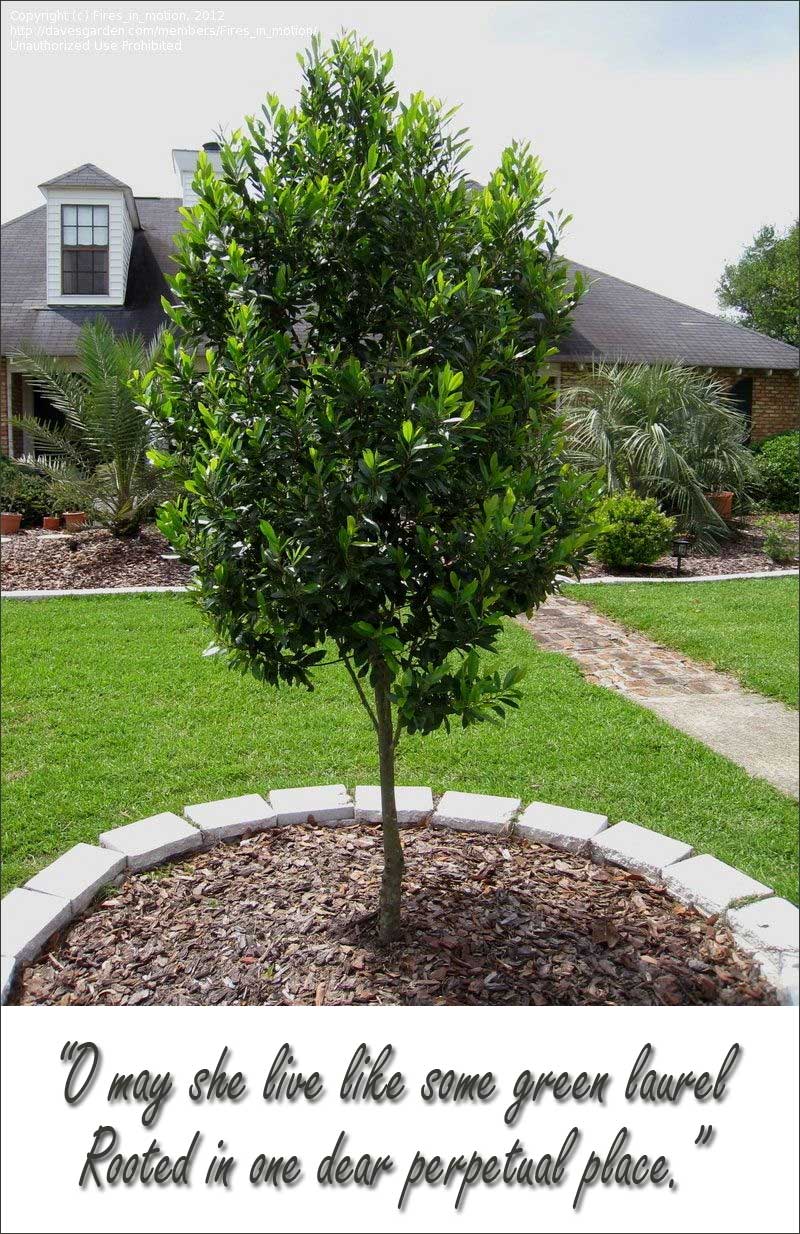Dearest Julia,
I was saddened to hear you say today you felt you were unable to detach from the execrable online learning software the schools have offered up during this Coronavirus school closure crisis. You claimed, “I have deadlines; my teachers send me emails. Daddy, I need to get a good grade because that is what school is about!” You went on to explain to me how school, in your experience, is all about jockeying for the grade. You are on the academic treadmill to turn in required work to get the all-important “A.” All your friends in the seventh-grade feel the same, you explained. Your voice shook with emotion.
I explained to you how I thought expending all your energies “for the grade” in busy-work is not worth your precious time or effort. This is not what real learning is, daughter Julia — speeding to the end of an assignment to complete and turn it in as quickly as possible. The difference between jumping through hoops to earn the grade versus learning for profound growth over time is important. Intrinsic rewards are so much more valuable and long lasting compared with extrinsic rewards.
So I take the time to write you this letter because I think your opinion about school being all about grades is not unusual. It appears that many are taught through the school system to chase grades and focus on the end mark on the report card to the exclusion of most anything else. Daughter mine, this is a grave mistake. Do not fall for this line of thinking. It is to mistake the forest for the trees. Many a student has earned a good grade in a class but learned comparatively little. Don’t be that student. I have been for teaching twenty-six years; I see it all the time. Grades are not the primary reason your mother and I send you to school. We send you there to learn and grow as much as possible.
Focus on that growth, Julia, and the grade will take care of itself. Use your intellect to THINK. Engage the content matter and LEARN as much as you can. That is why we send you to school. That is why I read books to you until you fell asleep every night for five years when you were a toddler and young child. That is why I am a teacher. That is what our family is about.
You have never earned anything less than a straight “A” in school so far. You are too conscientious with respect to your grades, in my view. I worry about it. “Perfectionism” can be a problem. I do appreciate, Julia, how you take school seriously. And your teachers, I am sure, appreciate how hard you try to live up to their expectations. I will never forget going to your kindergarten classroom back in 2012 and watching teacher Mrs. K’s Thanksgiving holiday celebration. All the other little kids were sitting there on the carpet squirming and fidgeting like Catawba worms in inattention while you sat there perfectly still with crossed legs and ramrod posture, focused on what the teacher was saying, and raising your hand to ask questions. Anyone watching would have thought the following: “That is the kid in this class who will go far!” And so you have.
And I am so proud of you and your performance in school. The sky is the limit when it comes to colleges and grad school. You have all the necessary brains, and you have all the support you need. Now it is up to you to put forth the effort to achieve.
But don’t mistake effort for achievement, as John Wooden used to say, and don’t focus on your grades to the exclusion of the learning. The difference might be subtle but it is important.
PROCESS-ORIENTED vs. OUTCOME-ORIENTED
It is not dissimilar to what I have been telling you for years in sports. You get so upset when you lose, Julia, and therein you can fail to see the big picture. The same can hold true with winning. Great athletes like Pete Sampras or Roger Federer enjoy the process of getting better as much or more than the winning by itself. When they were maturing as adolescent tennis players, they focused not so much on winning this tournament or that but more on getting better and better and better. Focus almost exclusively on continual improvement — like the great sports champions or intellectual standouts — day after day and month after month for years. That enormous effort itself will take all the energy and focus you have, if you do it right. Getting too caught up in losing or winning in the short-term is an exercise in vanity and a distraction from improvement and growth. This grade in math class or that victory on the soccer pitch last fall — not so important. Your constant growth in math or in soccer prowess year after year — all-important. Growth over time; process is primary, and the outcome will follow. If you focus exclusively and continually on always getting better, daughter Julia, then you almost for sure you will succeed in maximizing your athletic and intellectual potential. Pretty soon you will be winning sporting competitions almost all the time. You will be scoring highly on school exams without being much challenged. Your academic grades and test scores will take care of themselves.
The grade is not the point; the learning is the point. If you put all your time and energies into genuinely learning and growing as a thinker, then little by little you become the thoughtful, educated person you wish to become. But trust me, Julia, there are plenty of young adults who have at least decent grades who have not learned that much in school. They were so busy jumping through hoops for the class, or bandying back the answer they thought the teacher wanted, that they missed the larger lessons taught in the class. They did not learn to think for themselves. There is nothing wrong with wanting to satisfy the expectations of a teacher, but the whole point is in doing so to engage the ideas and content valuable to education. Teachers can help, and great teachers can help greatly, but all real learning happens with the pupil. As Isaac Asimov claimed, “Self-education is, I firmly believe, the only kind of education there is.”
I have always promised you that I will never go online to look at your grades, or to hound you about completing homework or whatever. Julia, I will trust you and your performance in school, unless I have reason to believe otherwise. I have lived up to that promise. I don’t even know how to log in to the school website to look at your assignments and grades. I have never done it even once.
I have also never promised you money or any sort of reward for good grades. You learn not for applause from others; you learn because knowledge is its own reward. Intrinsic rewards, not extrinsic ones. So it has been so for me my entire life, and so I hope it will go for you. An education is its own reward, truly. It is one of the few steadfast, trustworthy joys in life, too. You can lose your material possessions or your job or your loved ones — or even your reputation or freedom — but nobody can take away what you have learned. Learning and education have been at the center of my life professionally and personally. Your mother and I hope as much for you, too.
I wrote this essay in frustration almost 22-years ago when I was a novice teacher, and I find it to be as true now as it was then:
”NON SCHOLA SED VITA DECIMOS”
We learn not for school but for life.

That Latin quotation has been my classroom motto for almost as long as I have been a teacher.
Julia, I would rather you get a “B” in a class that really stretches you and allows you to learn at a deep level, than to get an easy “A” spinning your wheels completing mindless tasks unworthy of your time and attention. Don’t mistake activity for achievement in school. Don’t judge your level of learning by a letter grade given to you by a teacher. Seek out learning wherever you find it and drink deeply.
If you can do this — continually and everywhere, inside school and out — you will not be disappointed by the result. You will make me proud. More importantly, you will become an educated person of substance and depth.
In that context, your grade point average and test scores might be important in a minor way during a handful of years during your youth. But they are almost beside the point when it comes to becoming the sensitive, educated, and humble adult your mother and I hope you will become. You may know a lot, Julia, but you will also have the humility to know how much you don’t know. I always thought it too much when Socrates claimed that “the only thing I know is that I know nothing at all.” But that is better than thinking you know everything.
The learning and education you will have earned through blood, sweat, and tears is its own reward, and that none of it is a competition where you rank yourself as greater or less than anyone else. Focus on yourself and let others focus on themselves. It is not about achieving the highest class ranking or scoring the top score in each course during four years of high school or college. It is about becoming a lifelong learner in as many areas as you can and allowing the knowledge to accrete into layer after dense layer over the decades. Like one of the great redwood trees that have lived for millennium — the “Giants of the Sequoias” — ring after ring of layered wood records so much accumulated growth over time. You feed your curiosity and grow your brain — never in haste, but never at a standstill. Slow and steady over an entire lifetime is just the ticket. I have met those who learned a lot in college but essentially turned their brains off afterwards.
In your earliest days I wrote about how I hoped you would become the “spreading laurel tree” in the poem “A Prayer for my Daughter” by W. B. Yeats. What a joy it has been to watch the seed grow into a plantling, and now begin its first moments of blooming into full womanhood.
I sometimes watch you mature into the first hints of young adulthood with more than a little awe and wonder. As I have told you occasionally, to have a daughter is akin to watching your own beating heart walk around outside your chest.
I cannot wait to see and appreciate my oldest daughter as she moves forward from here.
I love you,
Your Father








